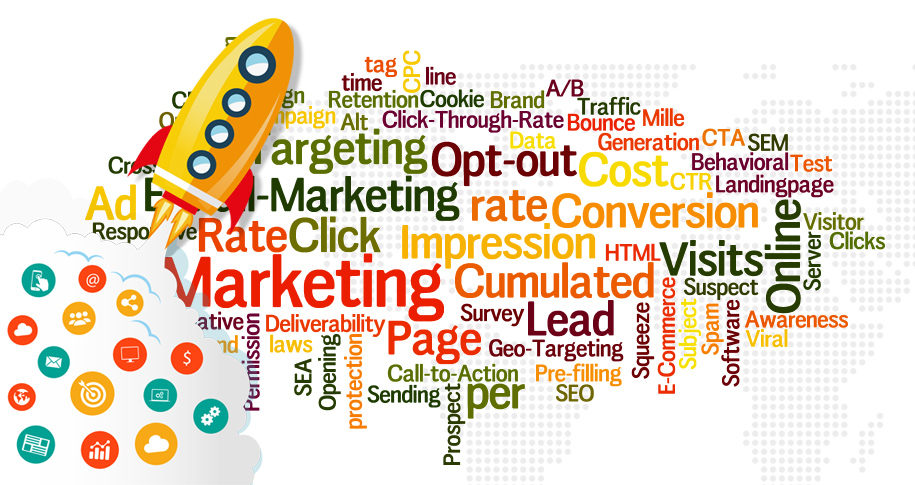What Is a Key Performance Indicator (KPI)What Is a Key Performance Indicator (KPI... More?
A Key Performance Indicator (KPI)What Is a Key Performance Indicator (KPI... More is a measurable value that evaluates how effectively an individual, team, or organization is achieving specific objectives. In marketing, KPIs are critical metrics used to track campaign success and guide strategic decisions.
Why Are KPIs Important?
- Focus on Goals
- KPIs ensure that efforts are aligned with business objectives, keeping teams focused on what matters most.
- Performance Measurement
- Provides a clear, quantifiable way to assess success.
- Example: Tracking conversion rates for an e-commerce website.
- Improves Accountability
- KPIs assign measurable targets to teams or individuals, fostering responsibility and clarity.
- Enables Decision-Making
- Data-driven insights from KPIs help refine strategies and optimize campaigns for better outcomes.
- Tracks Progress Over Time
- Helps identify trends and measure improvements, ensuring continuous growth.
Examples of Marketing KPIs
- Website Traffic
- Measures the number of visitors to your site, indicating the effectiveness of your content and campaigns.
- Conversion RateWhat Is Conversion Rate?
Conversion r... More- Percentage of visitors who complete a desired action, such as signing up or making a purchase.
- Customer Lifetime Value (CLV)Definition
Customer Lifetime Value (C... More- Predicts the total revenue a business can expect from a single customer over their lifetime.
- Cost Per Lead (CPL)
- Tracks the expense of acquiring each lead to assess marketing efficiency.
- Social MediaDefinition
Brand awareness is the ext... More Engagement- Includes likes, shares, comments, and follower growth, reflecting brand visibility and audience interaction.
How to Set Effective KPIs
- Align with Business Objectives
- Ensure KPIs are directly tied to overarching goals, such as increasing revenue or improving brand awarenessDefinition
Brand awareness is the ext... More.
- Ensure KPIs are directly tied to overarching goals, such as increasing revenue or improving brand awarenessDefinition
- Make Them SMART
- Specific, Measurable, Achievable, Relevant, and Time-bound.
- Use Relevant Metrics
- Focus on metrics that directly impact success rather than vanity metrics.
- Set Benchmarks
- Define baseline performance to measure progress effectively.
- Regularly Review and Adjust
- Continuously analyze KPI performance and refine goals as needed.
Challenges in Using KPIs
- Choosing the Wrong KPIs
- Focusing on irrelevant metrics can divert attention from critical objectives.
- Overcomplication
- Tracking too many KPIs can overwhelm teams and dilute focus.
- Lack of Context
- KPIs without context or benchmarks may not provide actionable insights.
Conclusion
KPIs are indispensable tools for measuring success and guiding marketing strategies. By selecting relevant metrics and tracking progress effectively, businesses can make informed decisions, optimize performance, and achieve their goals.
